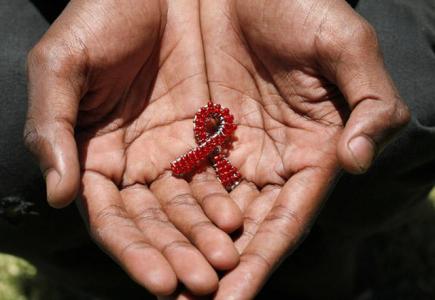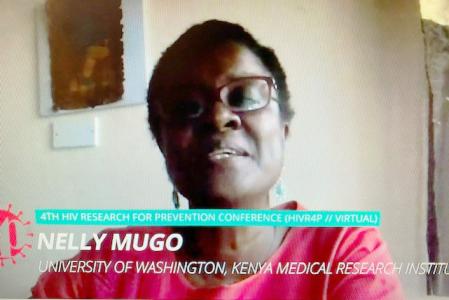Global Health Minor Nuria Alina Chandra Selected for President’s Medalist Award
From the thousands of undergraduate students at the University of Washington, three are selected each year for the prestigious President’s Medalist Award.
Global Health Minor student Nuria Alina Chandra was named a medalist for 2019–20, along with Sam Colgan and Natasha Lavides. All three recipients are passionate about their chosen areas of study, and were selected by a committee for their high GPAs, rigor of classes and number of Honors courses.






